#a half-built garden
Text

A Half-Built Garden by Ruthanna Emrys is exactly the sort of science fiction I go for. It's thoughtful and gentle, the world-building is rich and believable, and it focuses on people and culture over adventure, drama, or the explanation of scientific concepts. And, as usual, I've had the ARC in my house for a year and only picked it up this month. Entirely my fault, that, but also clearly the perfect time to pick it up because it hit the spot for me so hard.
So, plot? About 60 years from now, we've started getting a handle on climate change. It's not fixed, but it's definitely looking fixable. But then aliens arrive, convinced that we're in denial about our extinction and the whole planet needs to be evacuated immediately because technological societies can only thrive properly in space. And our protagonist, who's from a collectivist, planet-focused culture, says, "… You're making a lot of assumptions there, can we talk about this?"
Emrys uses the discussions, negotiations, and cultural exchanges to talk about family and community, to celebrate the best of humanity while acknowledging the worst and most complicated. It's hopeful, not only for how we're reversing the climate crisis but also for the casual inclusivity, the mutual aid, and the willingness of everyone to talk rather than use violence—but not so hopeful as to be unbelievable. There are still cultural differences, there are still prejudices, and few people are happy to let one overwhelmed new mom be the voice of her species. There were genuinely moments where my shoulders were around my ears.
Emrys has taken the time to think through some of her core world-building, and current human tech and societies, and build a cohesive whole. All the stuff around food, for instance: how you get it, how you make it, how you present it. And the stuff about gender? Folklore and history? Children? And then it was well-written and the characters all felt like people in all their complicated, contradictory glory and … yeah, there was so much of this I loved.
Was it perfect? Honestly, no. Some parts of the resolution felt rushed, or repetitive from things that had come before. But it was darn good and had me not only hooked from the beginning, but adding this to my Best of 2023 list before I'd finished my first day's reading. If you're looking for a great first-contact book, a good climate-focused SF book, or sci-fi that's just a shade or two darker than "cozy", this is absolutely one to pick up!
#booklr#bookblr#science fiction#adult booklr#sff#first contact#book reviews#book recommendations#a half-built garden#ruthanna emrys#read in 2023#queer lit
64 notes
·
View notes
Text
A Half-Built Garden by Ruthanna Emrys
goodreads

On a warm March night in 2083, Judy Wallach-Stevens wakes to a warning of unknown pollutants in the Chesapeake Bay. She heads out to check what she expects to be a false alarm--and stumbles upon the first alien visitors to Earth. These aliens have crossed the galaxy to save humanity, convinced that the people of Earth must leave their ecologically-ravaged planet behind and join them among the stars. And if humanity doesn't agree, they may need to be saved by force.
The watershed networks aren't ready to give up on Earth. Decades ago, they rose up to exile the last corporations to a few artificial islands, escape the dominance of nation-states, and reorganize humanity around the hope of keeping their world liveable. By sharing the burden of decision-making, they've started to heal the wounded planet.
But now corporations, nation-states, and networks all vie to represent humanity to these powerful new beings, and if any one accepts the aliens' offer, Earth may be lost. With everyone’s eyes turned skyward, everything hinges on the success of Judy's effort to create understanding, both within and beyond her own species.
Mod opinion: I've read this book and it's a slow, but interesting first alien contact story with a big focus on gender and motherhood.
#a half-built garden#ruthanna emrys#polls#trans books#trans lit#trans literature#lgbt books#lgbt lit#lgbt literature#sci fi#fantasy#trans woman#trans man#nonbinary
9 notes
·
View notes
Text
My Yuletide Recs for 2023
Femslash:
Goncharov
Re: Re: Re: Re: Re: Re: Goncharov
https://archiveofourown.org/works/52281016/chapters/132251482
Epistolary academia enemies to lovers. I think this is the fic which won Yuletide this year.
For All Mankind
can't wait for gravity to bring you close to me
https://archiveofourown.org/collections/yuletide2023/works/52284541
Margo/Molly end of season 3 fixit.
Always Coming Home
How To Enter The Five Houses
https://archiveofourown.org/collections/yuletide2023/works/52307767
Original characters, a lovely visit to the setting, and a bit of anthropologically realistic demographic rethinking.
A Half-Built Garden
be fruitful
https://archiveofourown.org/collections/yuletide2023/works/52514335
A lovely little visit with Dori in the community she has grown up in.
Pride and Prejudice
No More Secrets
https://archiveofourown.org/collections/yuletide2023/works/52312333
Charlotte Lucas/Anne de Bourgh
Gen and Other:
Goncharov
Guess Who's Coming to Naples v
https://archiveofourown.org/collections/yuletide2023/works/52338403
The muppets do Goncharov.
Murderbot Diaries/Scholomance
You're on Your Own, Kid (More or Less)
https://archiveofourown.org/collections/yuletide2023/works/52021162
An unexpected but neatly done crossover.
A Wizard's Guide to Defensive Baking
A Few Days After the War
https://archiveofourown.org/collections/yuletide2023/works/51944740
An aftermath fic.
The Left Hand of Darkness
Uncautionary Tales
https://archiveofourown.org/works/52027063/chapters/131570485
Genly and Estraven as stories. Clever use of two of Le Guin's common themes.
#fic recs#yuletide#goncharov#pride and prejudice#a half-built garden#murderbot#t kingfisher#always coming home#for all mankind#muppets#left hand of darkness
4 notes
·
View notes
Text
February Book Reviews: A Half-Built Garden by Ruthanna Emrys
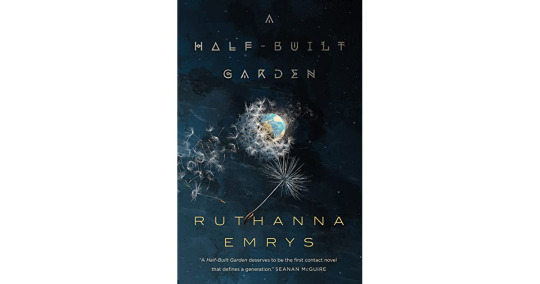
Another goodreads recommendation. In an ecologically devastated near-future Earth, Judy is an ecologist and new mother. When a sudden water quality alert wakes her in the night, she discovers an alien envoy-- and is plunged into a role as ambassador she was never prepared for.
This book is doing many of the things Psalm For The Wild-Built did (solarpunk future, debates about the nature of humanity, care of nature, alien perspective vs humans) but in my opinion, with a lot more ideological heft. Psalm set scenes of a pretty background on a flawless new planet, but Half-Built Garden tries to show what the rocky path to healing the Earth would be like in a society divided by ideological conflict. It's a book about finding compromise where everyone disagrees, from the different dandelion networks on Earth, to the corporate aislands, to the multiple alien factions. It's also a book specifically focused on motherhood, from the minutia of Judy nursing her new baby to the thematic framework of building something for the next generation.
I was a little disappointed that the linguistics issue was waved away essentially immediately though. Overall, a thoughtful book where solarpunk is interrogated deeply rather than just used as an aesthetic.
7 notes
·
View notes
Text


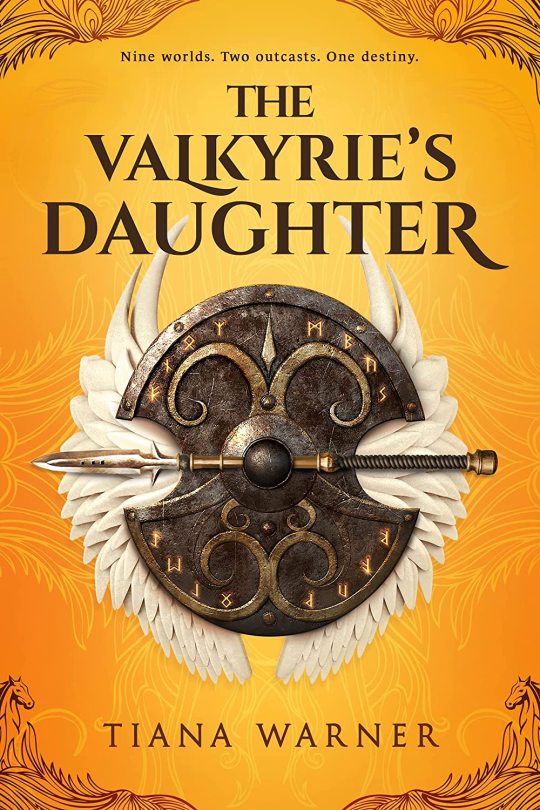
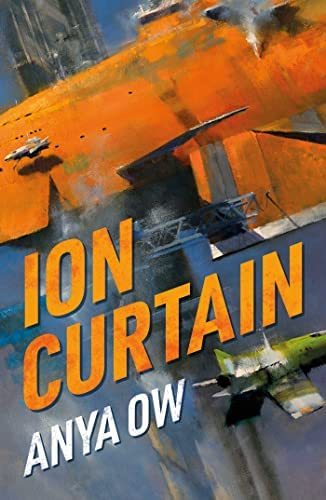
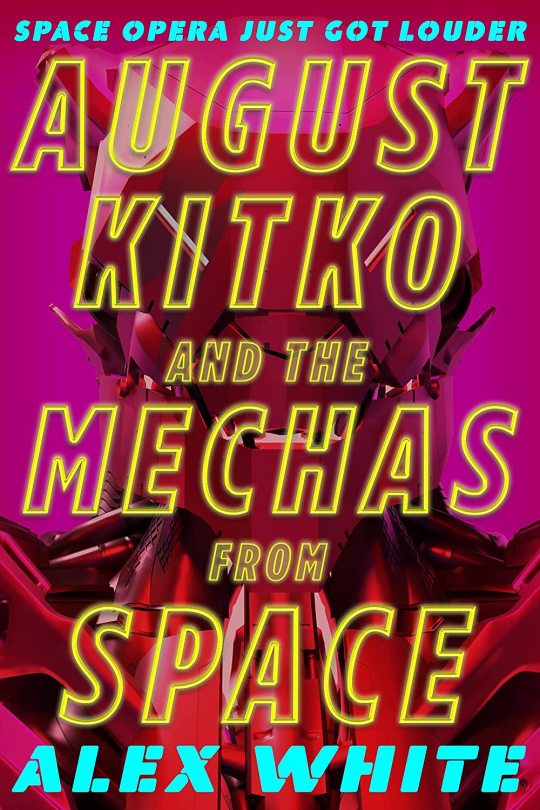
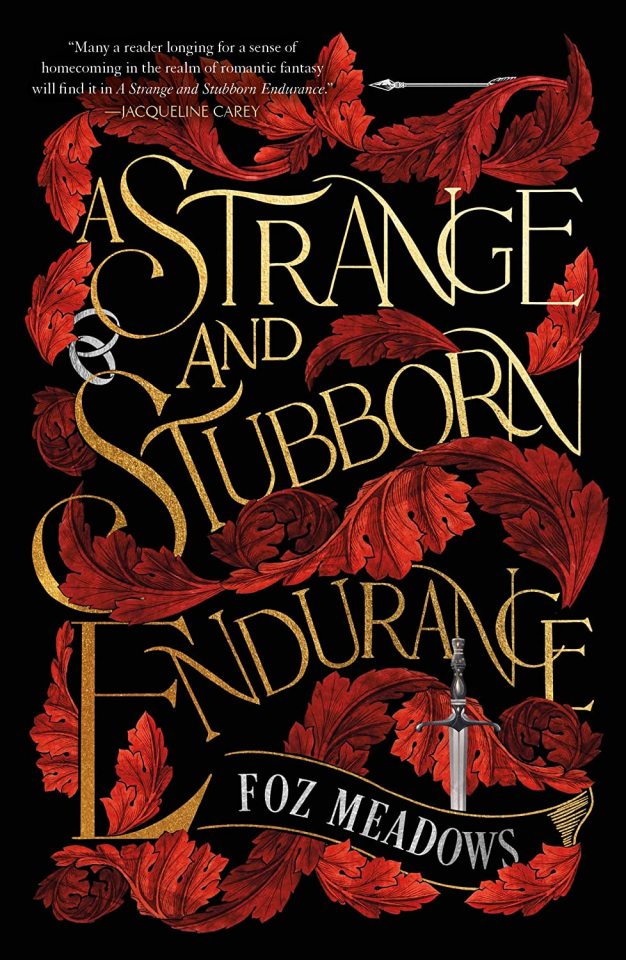
Oooh yeah July is looking fabulous book wise sooo here are some of the ones that really caught my eye! As always these are only the ones that are either standalones or the first novel of a series. For sequels I have another set of lists!
A Half-built Garden by Ruthanna Emrys
Youngblood by Sasha Laurens
The Valkyrie's Daughter by Tiana Warner
Iron Curtain by Anya Ow
August Kitko and the Mechas from Space by Alex White
A Strange and Stubborn Endurance by Foz Meadows
#Upcoming releases#Upcoming books#Queer sff#2022 books#2022 July books#2022 releases#A half built garden#The Valkyrie's daughter#iron curtain#a strange and stubborn endurance#August kitko and the mechas from space#youngblood#A half-built garden#New books#Beautiful covers#Cover art#Booklr
30 notes
·
View notes
Text
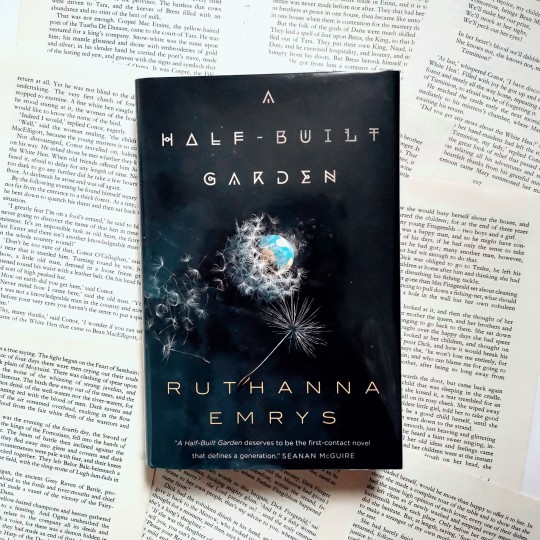
This is a great book for fans of Becky Chambers!
18 notes
·
View notes
Photo

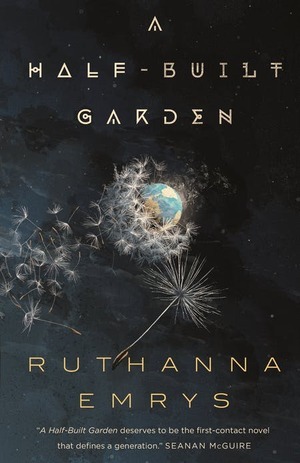
Favorite Science Fiction: A Half-Built Garden by Ruthanna Emrys
My final fiction favorite for the year, and my favorite book overall, was my science fiction pick, A Half-Built Garden by Ruthanna Emrys!!
On a warm March night in 2083, Judy Wallach-Stevens wakes to a warning of unknown pollutants in the Chesapeake Bay. She heads out to check what she expects to be a false alarm—and stumbles upon the first alien visitors to Earth. These aliens have crossed the galaxy to save humanity, convinced that the people of Earth must leave their ecologically-ravaged planet behind and join them among the stars. But the watershed networks that rose up to save the planet from corporate devastation aren't ready to give up on Earth. Now corporations, nation-states, and networks all vie to represent humanity to these powerful new beings, and if anyone accepts the aliens' offer, Earth may be lost. With everyone’s eyes turned skyward, the future hinges on Judy's effort to create understanding, both within and beyond her own species. (adapted from official synopsis)
This is a book about motherhood, identity, climate change, and first contact, and if you think that sounds tough to pull off it should be! And yet A Half-Built Garden was so genuine, thoughtful, and hopeful, and it tied together everything so seamlessly I forgot there even were seams. It's queer and diverse, and so thoughtful about its world-building and its philosophy, and it makes room for all kinds of people while it imagines a future for humanity. This is one that has taken up residence in my soul, and I will carry the hope it gave me forward.
8 notes
·
View notes
Text

I find the turn toward monsterfucking midway through A Half-Built Garden entirely endearing. Yaasss, girl, get it.
1 note
·
View note
Text
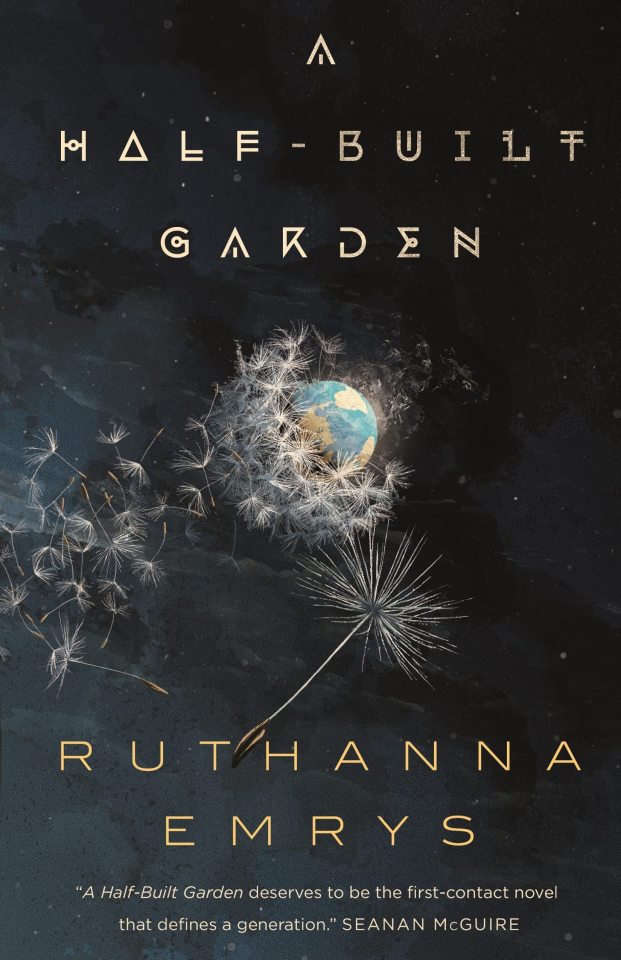
Title: A Half-Built Garden | Author: Ruthanna Emrys | Publisher: Tor (2022)
1 note
·
View note
Text
Cli-fi award nomination for A Half-Built Garden!
0 notes
Text
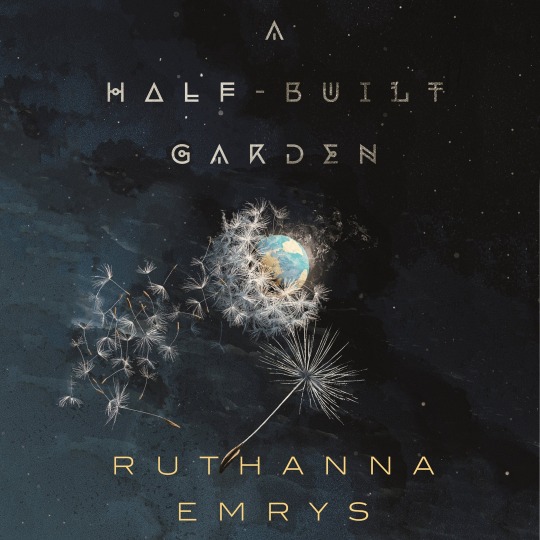
Read A HALF-BUILT GARDEN by Ruthanne Emrys if you love first contact with aliens, climate crisis narratives, the different forms families can take, algorithms, rebellions, Passover stories, diaperpunk, lots of legs, dandelions & conflict mediation.
#A Half-Built Garden#Ruthanne Emrys#book#books#Read This If#bookish#bookreview#book reviews#bookworm#bookrecommendations#book recommendation#bookrecs#bookreccs#bibliophile#readingissexy#readmore#readersoftumblr#readers on tumblr#first contact#climate crisis
0 notes
Text
Review: A Half-Built Garden by Ruthanna Emrys
Author: Ruthanna EmrysPublisher: Tor.comReleased: July 26, 2022Received: NetGalley
It has been FAR too long since I’ve been able to dive into a science fiction novel (in truth, it’s been a few weeks – at most). That made me excited for my next slotted read, A Half-Built Garden by Ruthanna Emrys.
We’ve seen several takes on the first alien encounter. Yet none will be more harrowing than A…
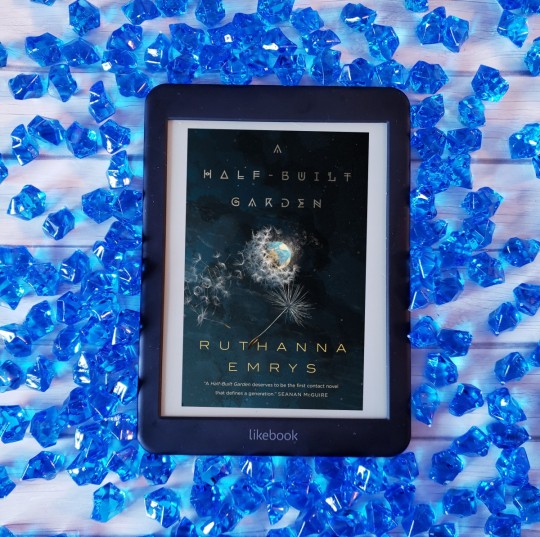
View On WordPress
#A Half-Built Garden#A Half-Built Garden by Ruthanna Emrys#Book#Book Review#Books#Fiction#Literary#Literature#Net Galley#NetGalley#Review#Ruthanna Emrys#Science Fiction#Science Fiction Review#Tor#Tor Books#Tor Publishing#Tor.com
1 note
·
View note
Text
Book Review 17 – A Half-Built Garden by Ruthanna Emrys
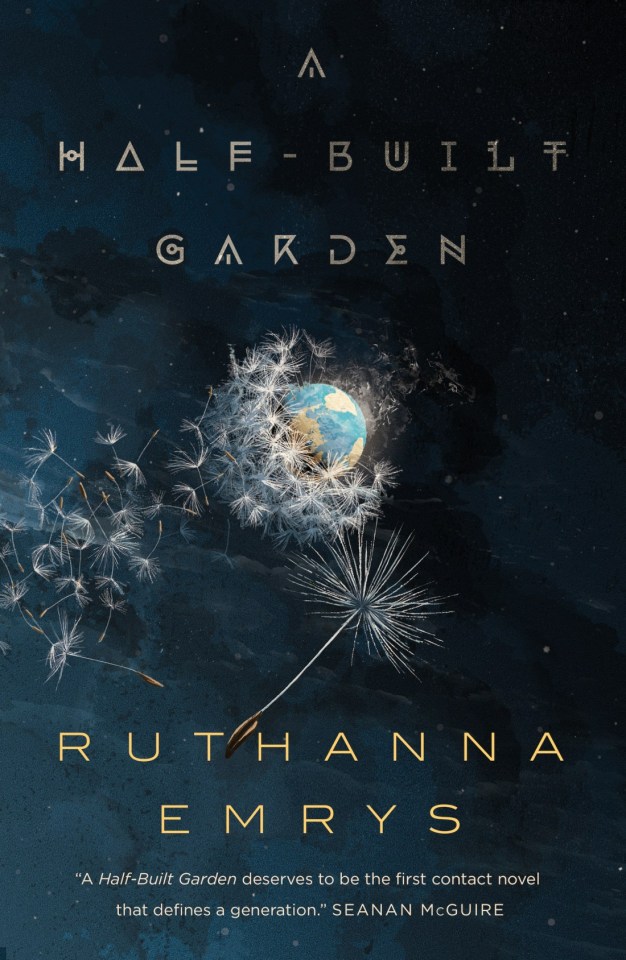
Okay, I have officially finally read a solarpunk thing I unreservedly enjoyed! Which means my opinion about all the other examples of the genre is no longer entirely just me being a hater.
...I joke (mostly), but I was sold this as basically ‘Psalm for the Wild Built but with actual conflict and an attempt to seriously think through its ideas”, and it absolutely lived up to that! Plus it’s a fun read with a few actually meaty characters, too. I mean, I do have complaints. Which I will go on about below. At length. But in the loving way, not the ‘actively resent having read this’ way. As proof of this, I offer the fact that this thing is well over two three four thousand words long, and for readability I’m breaking it into subheadings.
Summary
Anyway, the basics are that it’s the late 21st century, and the world’s been through a bit of a ringer in terms of climate change-induced disaster. At some point in the previous generation, a lot of political-economic power was seized by the Dandelion Networks, cyber-eco-anarchist collectives organized around the watersheds of major river networks, and dedicated to trying to unfuck the planet some. The actual plot revolves around First Contact, as an alien ship lands in the Chesapeake, offering evacuation and relocation to what they fully expect to be the desperate and grateful inhabitants of a dying planet. This leads to some awkwardness, given the Networks civilizational commitment to the mission of restoring the earth and lack of interest in eventually pulling it apart to make a dyson sphere, and the paternalistic (well, maternalistic) condescension of a decent chunk of the aliens about whether humans are competent to make that choice. Made even more tense because representatives of the vestigial United States and the much-reduced-but-still-important former globe-spanning megacorporations are much more enthusiastic about what the aliens have to offer.
So yeah, book full of cultural confusion, high stakes diplomacy, intrigue and ideology. I adored it.
General Discussion
The aliens were fun, in that they were absolutely and entirely nonhumanoid – two species, and neither of them mammalian or bipedal, and one of them not even having anything we’d really recognize as a face. It made the descriptions of conversations and physical interactions pretty funny to visualize at points, honestly; though it did also take me something like a hundred pages to get a real proper image of what both of the species in question actually looked like.
It was kind of interesting how so much effort was spent on making the alien’s appearance so, well, alien, but everything else worked on maximally convenient space opera rules? They can breathe the same air as humans with only minimal discomfort (and vice versa), and even enjoy each other’s food. Plus the story starts with the aliens having already created translation software that does its job perfectly with zero meaningful confusion or plot-relavent loss of meaning. Which all makes sense in terms of making the plot works, but still – no matter how important sharing food is as a thematic expression of shared intimacy and cultural exchange, still wounds my suspension of disbelief in this First Contact story when the 2 meter furry tree-spider can even digest human cuisine, let alone enjoy it.
The alien’s culture was both fascinating and kind of frustrating – I did love how the whole common sense of ‘of course a species will advance enough to leave their homeworld behind, or else die on it’ was so bone deep that most of them kind of floundered trying to actually try and convince someone who didn’t already agree with them. And likewise our protagonist and her compatriots were basically totally unable to make a convincing argument that didn’t take the value of Earth and a natural ecosystem as a given. That felt very true to life.
But frustrating because, like – the aliens have a sort of matriarchal social organization where nursing mothers (especially/specifically of one of the two species?) are taken as the natural authority figures in the extended cross-species households that seem to be the atomic units of economic production and political participation. But there’s a massive amount of gestured at nuances and references to wider institutions that are just never followed up on, which I’d normally consider just generally good worldbuilding except for that the fact that writing the Xenology 101 handbook should literally be the main character’s job here. Third act of the book, and she’s still never gotten around to asking for the precise mechanics of how authority is divided among the crew of the interstellar spaceship/first contact team/extended family she’s been dealing with!
The Dandelion Networks have to be by far the most thought out ‘solarpunk’ society I’ve ever really seen in a story, though that’s admittedly an incredibly low bar. I’ve still got some qualms and quibbles and bits that annoyed me about the portrayal, but insofar as it’s kind of unfair to expect every sci fi book to come free with an extra utopian manifesto, they did pass the sniff test as seeming, well, real? If not exactly as a socio-political/economic structure, then at least as a culture and civilization with its own traditions and minor hangups and celebrations and day-to-day routines. I also very much do appreciate the fact that even if they’re clearly portrayed as much, much better than the alternatives, they’re not an outright utopia.
The fact that, legally speaking, the United States government never gave up any territory or jurisdiction, it just chose of its own accord to merge and massively expand several national parks and subcontract their administration to these revolutionary anarchist networks with absolutely zero coercion involved nosiree, was also great. Or made me laugh, anyway.
The vestigial USA – here also our only representative of the entire class of still-extant nation states – gets comparatively little attention compared to the other players involved. On the one hand that’s kind of a shame because it’s legitimately unclear the degree to its the government and not the watershed networks putting on delusions on grandeur (which, to be clear, I kind of loved). And I did adore the fact that NASA...well, it didn’t actually do a coup, but just selectively read the legislation defining its responsibilities to just jump in and start handling everything about First Contact negotiations without really bothering to wait for permission first. But on the other hand they do very much seem the most normal – which is to say archaic, from the rest of the setting’s perspective, with Congress and the federal bureaucracy being characterized as ineffectual deadlocked quagmires where ideas go to die. Also the only people for whom monogamous long-term relationships or ‘most people being cis’ seems to be at all the norm, which I think makes them the closest thing the book has to on-screen social conservatives.
The Corps – the remnants of the formerly globe-spanning and world-burning megacorporations, now in the main restricted to the artificial island city-states they fled to when the world really started going to shit and the revolutions started – are the actual main ideological foils to the Dandelion Networks presented through by the book. And – look, I’ll be honest, the culture and politics feels like a natural (if incredibly optimistic) outgrowth of certain trends in modern American culture. The Corpos feel like an alien civilization invented whole cloth for a space opera because it seemed interesting and fun. Which, to be clear, they absolutely are – but, like, this book theoretically takes place sixty years in the future. ‘Specifically the corporate oligarchs and their most loyal guards, technicians and toadies have in one post-revolutionary-exile generation developed a stable entirely presentation based normatively genderfluid 7-gender system” seems like, how to put this, a bit of a stretch?
Still, they’re definitely fun, and I do really appreciate that Emrys gave them a real ideology and mythology instead of just making them self-consciously evil (a carefully nurtured bitterness that the Watershed Networks and their carbon budgets and sustainability mandates essentially stole the future from them, combined with a real belief in meritocracy and just deserts). Though, like, even moreso than the USA, I’m legitimately not sure the degree to which Judy and the other Watersheders common sense about them being slowly decaying relics losing people with every year is supposed to be taken as correct? Because, like, city-states in the middle of the ocean capable of sustaining themselves in the style we’ve seen implies either vast hinterlands or sufficient productivity to import all the raw materials they need from abroad in exchange for finished goods or access to truly immense amounts of energy or some combination of all three, and none of those really scream ‘archaic relic’. All to say that I might have come out viewing the Watershed Networks as more full of triumphalism and groupthink than was intended – though honestly if so, I like them better that way. It’s an entirely natural flaw for their system to create, honestly. Look at reddit.
Speaking of flaws the protagonist’s society had – I found it immensely charming how Judy was just, so utterly and completely terrible at being a spy? On a cinemasins level you do have to wonder how the corps weren’t already ruling the world again if the Network’s best and brightest are all this easy to entrap and blackmail, but on a thematic level it does work as emphasizing how the networks, well, work through the wisdom of crowds and constructive debate, and trying to fly off on your own in little self-appointed conspiracies rarely ends well for anyone involved.
The Eponymous Garden
The question of what humanity is for – whether we have a destiny to reach for the stars, or if there’s something vital about the planet earth (about a living ecology, about one’s ancestral home writ large, about having a place in a natural order) – is, if not the book’s overriding theme, certainly the one it spends the most time consciously thinking about. (I mean, it’s literally the title). And the book really does try to make the conflict genuinely difficult and nuanced; our heroine is a voracious and vitriolic partisan of the Earth-is-special side of things, but the text pretty clearly doesn’t agree with her about that as much as it does some of her other positions.
The entire debate was honestly fairly reminiscent of some debates you see floating around Tumblr every so often. The Ringers have created a curated toy ecology to keep their habitats pleasant and livable, and that done see their abandoned homeworlds as containing nothing really worth mourning in fact they’ve literally pulled them apart as raw materials for their orbital habitats and megaengineering projects. Judy views the idea of humanity doing the same – even to Mercury or Mars, let alone Earth - as both horrifying and, well, not quite profane (her Judaism is definitely an important part of her character, but she never directly uses theology as explanation for her politics) but certainly ontologically, fundamentally wrong.
The Ringer’s teleology is pretty simple – technological advancement gives a species the ability to care for itself and free itself from the various tyrannies of nature, at the cost of expending scarce resources on a dozen different fronts and eventually leaving their planet uninhabitable. The only question is whether they’ll escape the world or die with it. Humanity is the first species they’ve encountered that hadn’t already gone with option B. More fundamentally – and here’s where the human corporates jump enthusiastically on board – leaving the planet behind means refusing the limits of ecology, and to an extent of scarcity. Populations in the trillions, a dyson swarm, mega-engineering projects with millennia-long schedules. Not to mention the whole romance of endless new horizons, novelty and exploration and a consciously arranged world.
Which is all, of course, exactly the dream the Watershed Networks spent their revolution fighting against. The Chesapeake Network is from every indication a very nice place to live, but it’s also very much defined by the necessary scarcity that comes with trying to live sustainably, and in harmony with the horrible damaged biome you’re also in the middle of a massive, civilizational infrastructure project to restore. International travel and imported goods strictly limited by carbon budget, international communication strictly limited by the need to limit potential infection vectors for malware, apparent societally normative coparenting and/or polyamory as a labour-saving thing – abstracted away from the specifics of space travel, it’s basically the perennial degrowth argument on here.
Though as far as space colonization qua space colonization goes, it’s kind of fascinating to compare Garden’s take on it to how it’s presented in Terra Ignota? Which is to say, Ada Palmer presents spreading through space as a heroic endeavour – something worth doing for its own sake, because it is in some sense humanity’s purpose, but a great and arduous project that will strain every available resource and lead to a lot of impoverishment and scarcity for the doing. Which comes amusingly close to mirroring exactly how Emrys characterizes staying on Earth.
A few trillion aliens willing to handle the capital expenditure for relocation and infrastructure do change the math a bit, I suppose.
...and It’s Gardeners
Which is to say, the Watershed Networks. As I said above, they’re clearly intended to be something of a flawed or incomplete utopia, generally heroic and praiseworthy but with major blindspots and issues. I’ve got qualms about what those issues are and their severity, but I’ll save that for the petty bitching section below. Besides, given that they’re decently thought out and detailed, it’s honestly more interesting to examine them as an incomplete utopia and the principles underlying them.
So, the networks are a high tech cybernetically-organized federation of green anarchists, organized around the watershed of a major river and with the civilizational mission to protect and restore that watershed’s ecology; coordination between watershed’s seems to be limited to small scale trade or else matters which affect multiple watersheds.
‘High tech’ isn’t a joke, either – augmented reality interfaces seem totally normative and almost necessary given their government, not to mention the ten thousand different monitoring systems used to keep track of the status of each part of the whole ‘unfuck the ecosystem’ project. Robotic drones and prosthetic limbs with full haptic feedback were both totally unremarkable – anprims they really aren’t.
They govern themselves by – okay, I said ‘by reddit’ above and that’s mostly a joke. But like, only mostly. By infinetly flowering nested chats and discussion fora dedicated to any topic of public interest, to which any citizen can contribute to the debate or propose action items through that AR interface, with ones weight on any given issue being determined by the algorithm’s approximation of the community’s trust in your wisdom and expertise on topics like what’s being discussed (‘Utopia’ means taking as read that this works).
Beyond just weighting and being an automod, the Dandelion algorithm also encode the Network’s values, amplifying the voices that live up to them and de-emphasizing those that don’t. And most of all, they act as phantom votes representing the Watershed’s nonhuman constituents, boosting suggestions and action items based on the interests of the wider ecology, wildlife, etc.(again, accepting that this works is basically the price of admission).
So far so Eclipse Phase-but-green. But there’s a couple specifically interesting things about the whole setup that I do want to focus on.
First, the whole theory of politics and decision making underlying the Networks (and the book) is something like a wholehearted belief in the wisdom of crowds – that everyone involved cooperating and trying to come up with a crowdsourced solution through moderated debate will lead to better ideas and better solutions than a small group of experts or conspirators or operatives. And the book does actually commit to this – basically every time anyone from the Watershed goes off on their own and assumes they need to make an important decision on their own/in a small group it blows up right in their face.
You know the one line from Men In Black? ‘A person is smart. People are dumb, panicky dangerous animals”? The book basically commits to the exact opposite of that.
More minor but it did just strike me as interesting – Judy (and, I think, other networers) never refer to each other by their job title, and in fact object to it. Judy is not an environment engineer, she just does some environmental engineering work, as well as jam making, gardening, child-raising, and a dozen other things. On the one hand, almost everything about the life of someone in the networks pretty much has to be pretty legible – basically everything seems to be public, the community is tight knit and expected to host each other as needed, everyone wears pronoun pins, the entire labour-allocation and weighting system must require immense amounts of information on each individual participant – but on the other, none of them are ever reducable down to their jobs or roles. Reminds me of that one Heinlein quote, honestly. ‘Specialization is for insects’ and all that.
Cultural Exchange
I don’t really have much to say here, but it’s a prominent enough theme I’d feel remiss if I didn’t mention it, so. Aside from the high politics and idealogue-ing, Garden is really concerned with what the worm’s-eye-view of cultural exchange following First Contact might look like, and just demonstrating different ways that culture can be shared.
Which is why I really can’t be too annoyed at the implications of both species of Ringers and humans being able to both consume and appreciate each others cuisine – Emrys has clearly some of those ultra-viral tumblr posts about how sacred sharing food is, and the sharing of meals and ways of eating is a pretty key way the book both characterizes cultures (e.g. corporate culture ‘feast food’ being a way of showing off artifice and competing to make novel designs its impossible to guess the taste of is just one more way they’re shown to be obsessed with appearances and artificiality and general decadence) and demonstrates trust or sharing between them.
Beyond meals (or as part of them), there’s also religion and ritual used for much the same purpose. And sex, of course – it takes like a week and a half for Judy to go from being introduced to intelligent alien life to asking one of them if he wants to try a threesome – and, probably more importantly, family and children. There’s a whole gimmick about how Ringer matriarchs always bring their children with them to negotiations as (among other things, roughly) a show of good faith, and expect humans to do the same. The book seems slightly unsure of itself about how much it thinks this is a good idea (also about Ringer family structure/matriarchal authority more broadly, to a less degree), but the different species of children bonding and playing together while their parents is pretty clearly shown as an unambiguous good.
And finally-
Complaining
Because if I’m going to think about literally any piece of media for this long, I end up with annoyances I need to vent about. So! In no particular order, narrative issues, worldbuilding issues, and random nitpicking.
The whole final arc of the plot – basically everything after they leave Earth – felt incredibly rushed for how much it was trying to introduce. Now, getting a little glimpse of how the Ringers lived and worked and bickered was absolutely necessary, but there just was not enough wordcount devoted to it to really be anything more than a glimpse. The politiking just felt broad and clumsy, and the way Ringer politics worked a bit half-baked. Beyond which, there’s all these hints of interesting power dynamics and inequalities among the Ringers but then the book never really expands on or does anything with them (beyond, like, spending half a page introducing the concept of pronouns pins and...okay ‘being trans’ is wrong because one of the species’ seems to be entirely genderfluid as a rule, but determining ones own gender? To them. And then never following up on that either!).
But beyond all that, there’s just the more significant issue is just that the entire climactic confrontation is resolved by...a tertiary character whose spoken on a single-digit number of pages being overcome by conscience and admitting the whole corporate conspiracy and sabotage which is responsible for every wrong thing the Networks have done so far. Not even under prodding or courting from the protagonists, either – if that one fashion designer hadn’t been a slightly more important secondary character’s sibling and just been left with the luggage, the Networks would have been fucked. Instead, the one bit of testimony sways the assembled aliens and saves the day. Just felt too neat and easy and unearned.
More annoying still is the specifics of how the Networks failings are portrayed. Now, as I said above, they aren’t portrayed as perfect, but the book does a thing I really, truly despise in fictional worldbuilding (in large part because of how common it is in nonfiction too) where essentially every thing the networkers get wrong and every stupid mistake they make is the result of nefarious Outside Agitators corrupting and sabotaging the system – like the evil corporate spies and hackers are literally responsible for everything wrong with Networker politics, and if they hadn’t sabotaged the Dandelion Network there’s no way people would ever get anything wrong. Puts a bad taste in my mouth, like the people who never shut up about any stupid mistake done by ‘their’ side being a false flag.
Beyond that, like – okay, so if I’m going to take the book on its own terms I just have to accept that this anarchist network is capable of coordinating labour on a vast and detailed enough scale to handle ecological restoration efforts that are halfway to terraforming at this point, and capable of mustering and deploying coercive force with enough strength to actually cow and keep in line numerous polities with more centralized social organizations that historically really do win at that sort of thing. Sure, okay, not exactly fair to ask Emrys to Solve Anarchism, even if I’d have really loved some acknowledgement of where exactly all the metal and rare earths for all these robots and prosthetic and IT infrastructure is coming from (sure, carbon budgets, but like – where’s the Chesepeak’s sacrifice zone that got designated to hold all the mining and heavy industry?).
More importantly, though, I can still wish the book had dug into the guts of the system and, like, pproblematized it a bit? The fact that public debate and the weighting of people’s votes is controlled by these opaque algorithms seems like it requires investing your programmers (not even just programmers, specifically the ones working to maintain this incredibly intricate system) incredible amounts of trust and power they could abuse without people really noticing! Or take the fact that political debate is structured and influenced by the consciously determined ethical and political principles built into the system; okay, so the system’s a full generation old now, yes? Is there no controversy, no generational divide, no resentment among the younger cohort about their speech and opinions being weighed according to their parents ideals? The whole setup seems like it’s built to exemplify that one Marx quote, traditions of the dead weighing like a nightmare on the brains of the living &c. There are multi generational households, and the family is clearly an important socio-economic unit, with some being much more prestigious and influential than others, so how does inheritance work in this anarchist utopia? There’s some interesting drama to dig into, here!
Beyond that, everyone in the Networks is just too...nice? Like, the final epilogue involves the corporae programmer who literally created the malware that almost destroyed everything – and did get people killed – defecting. And absolutely no one holds any sort of grudge? She’s just given a house and told to start helping when she can? Which I found pretty hard to swallow on like three or four different levels (‘do they just keep spare houses lying around to give away whenever someone needs’, not least. If you’re deeply concerned with living sustainably and in harmony with nature, immigration and land/resource use are actually major issues that are going to run into a lot of resource constraints, especially if you’re trying to rewild or diversify what had been industrial farmland).
And significantly less important but – the fact that everyone who appeared on screen (anarchists, corporate executives, federal bureaucrats, random Network programmers and partygoers and corpro interns and-) is basically a queer feminist with only a vague historical understanding of being oppressed on the basis of gender or sexuality (and the only exception is one of Judy’s coparents being raised in an oppressive ‘Purist’ cult he eventually escaped from) is probably necessary to keep all sides at least potentially sympathetic to the expected audience, but it did hurt the verisimilitude of the worldbuilding some, for me. Though hey, maybe that’s just me being unduly pessimistic, fuck knows there’s been plenty of progress on those fronts between 1960 and now, so hey!
Anyway yes, good read!
#book review#a half built garden#ruthanna emrys#sff#solarpunk#sorry this is so long#and that I didn't bother really editing
69 notes
·
View notes
Photo
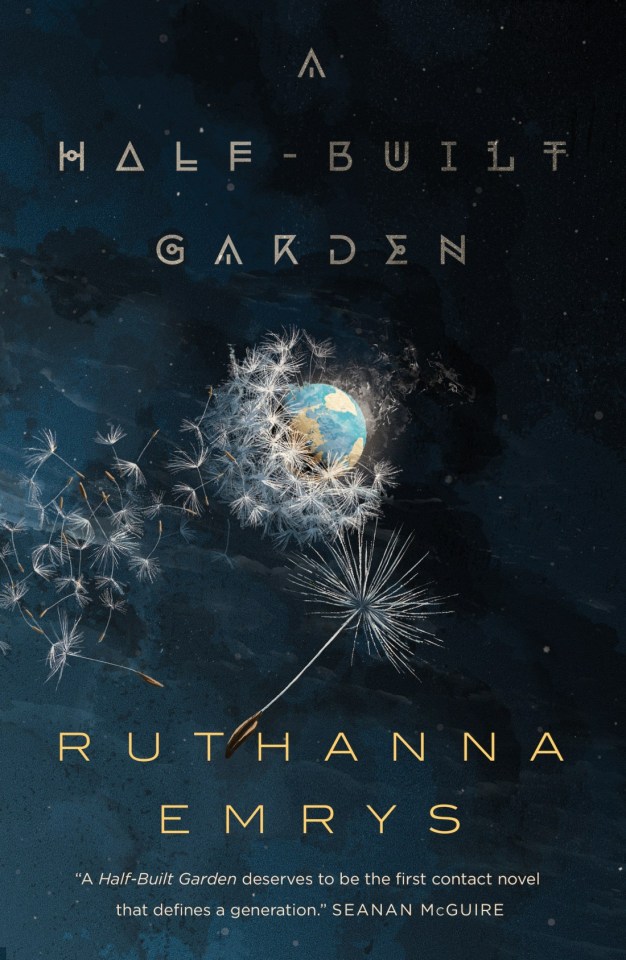
2022 reads // twitter thread
A Half-Built Garden
aliens make first contact & offer to help humans evacuate from what they think is a dying earth
but actually human networks are trying to heal from climate change and don’t all want to leave
diplomacy, navigating different cultures, non-anthropomorphic aliens, parenting, family,
queer, trans, jewish
#A Half-Built Garden#a half built garden#aroaessidhe 2022 reads#ok overall i really loved this#really complex and interesting alien culture/human culture discussions#it felt a litle odd that of all of earth there was only like 3 groups of people talking to the aliens? I didn't get a sense of the global di#distribution of human society#like obviously if there were tons of different [countries] all there it would have been distracting but idk#(I think it did explain why there were only a few of them lol but)#obviously i prefer the intimate complexity of just focusing on a few anyway; so#The following is not really a critique of the book just something that was really distracting for me:#there's an artifical island called zealand which is south of australia; and is like. supercorportate/capitalist/antagonists#and im like. is this the future version of NZ? or is it separate? there's no acknowledgment of any of this other than its name#they also go there and there's none of our culture or anything. it's also in an australian timezone and has aussie native plants#and i'm like - are you implying nz is australian? also someone there is talking about fruit and calls kiwifruit 'kiwis' .#basically i'm just like why is this called zealand!! it's distracting!! you could have made up a name!!#also besties in a somewhat progressive future it should be called Aotearoa!!!!#like if there was mention of the fact that aotearoa exists and also this corporate zealand was made by the rich white billionaires?#i'd be like yeah ok. because there is mention/discussion of colonialism and indigenous cultures in other parts of the book!#the places they live in america are all the indigenous names!
7 notes
·
View notes
Text
Just finished reading a book where anarchocommunists figured out how to get people talking to each other and fixing the world's ecological problems, and even the oligarchs got less shitty, and uh
Came back to a post about Shit Musk Is Trying To Pull, which is a little jarring of a reality transition
11 notes
·
View notes
Photo

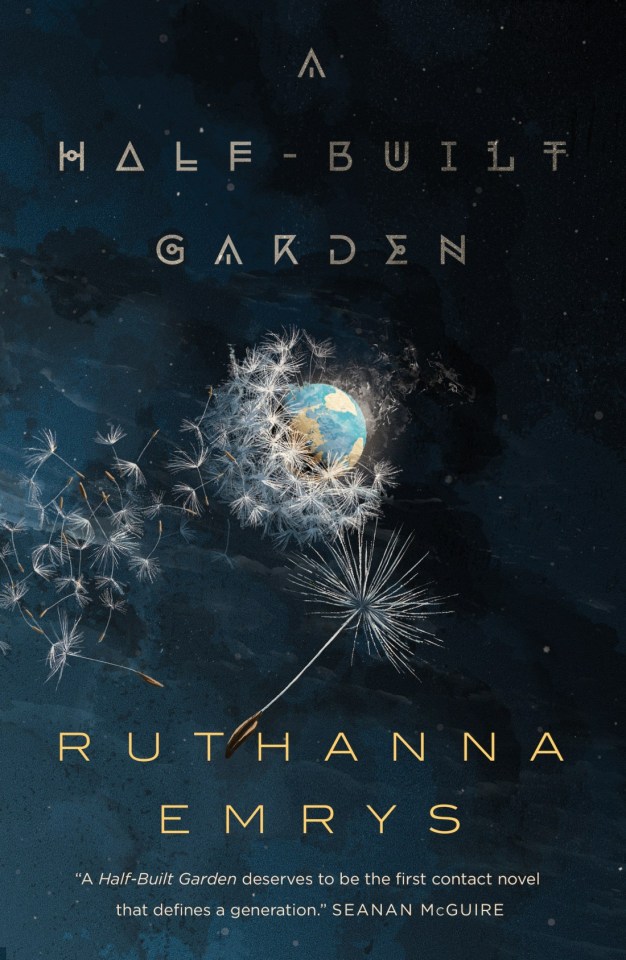
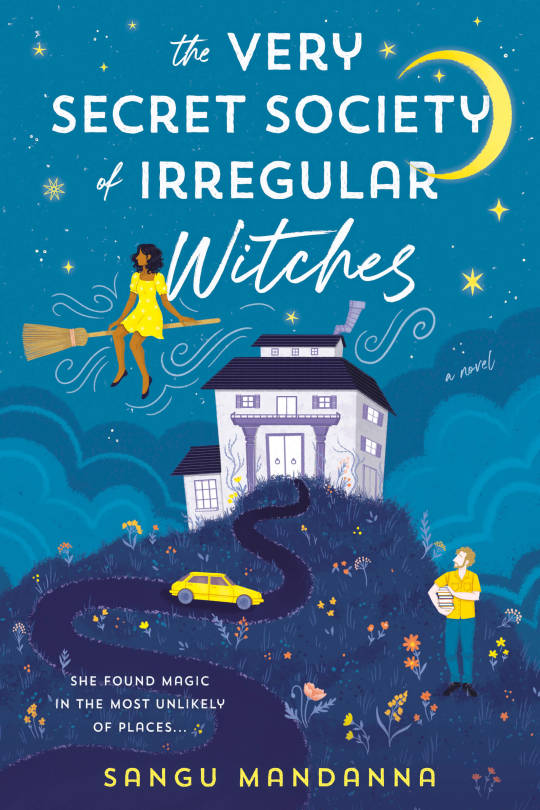

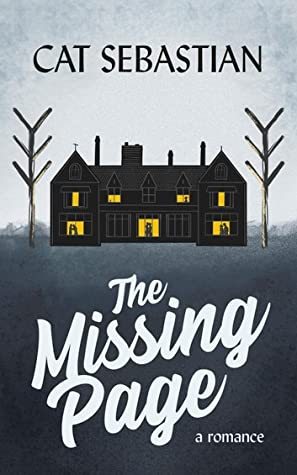

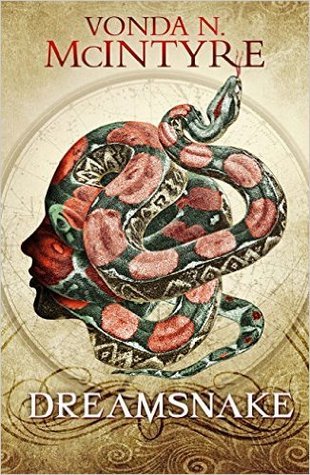
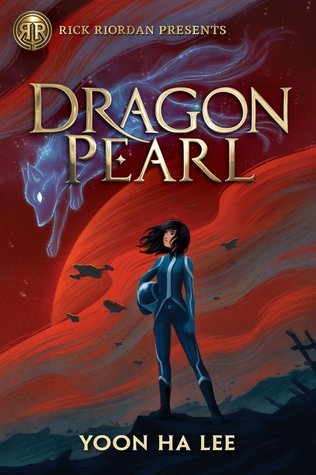
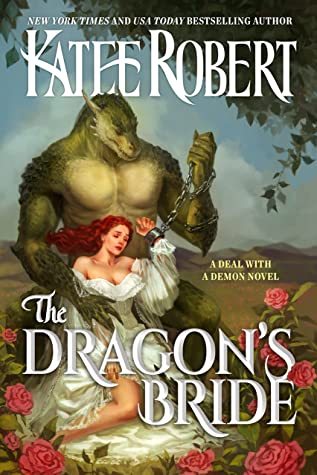

October Monthly Recap:
Ok listen October was a hell month. Not a good time. And yet, I read 22 books??? For the first half of the month I was reading one book a day?? I do not understand my own coping mechanisms either. I read exactly two 5-star books, A Half-Built Garden and Book Lovers. The former deserves more than 5 stars though!! One of my new favorite books. Seriously, it was really fascinating, thought-provoking, and meaningful. Go read A Half-Built Garden!
Witch Hat Atelier Vol. 4 by Kamome Shirahami: 4.5/5
Witch Hat Atelier Vol. 5 by Kamome Shirahami: 4.5/5
The Missing Page by Cat Sebastian: 4.5/5
Book Lovers by Emily Henry: 5/5
The Dragon’s Bride by Katee Robert: 4.25/5
The 7 1/2 Deaths of Evelyn Hardcastle by Stuart Turton: 3/5
The Very Secret Society of Irregular Witches by Sangu Mandanna: 4.75/5
Dragon Pearl by Yoon Ha Lee: 3.75/5
Hunger Pangs: True Love Bites by Joy Demorra: 4.75/5
Conjuring Moonlight by Jasmine Silvera: 2/5, dnf
Dreamsnake by Vonda McIntyre: 4.5/5
Witch Hat Atelier Vol. 6 by Kamome Shirahami: 4.5/5
Witch Hat Atelier Vol. 7 by Kamome Shirahami: 4.5/5
Ben and Beatriz by Katalina Gamarra: 4.25/5
Nice Dragons Finish Last by Rachel Aaron: 4/5
In the Vanisher’s Palace by Aliette de Bodard: 4/5
The Blacksmith Queen by G. A. Aiken: 1.5/5, dnf
A Half-Built Garden by Ruthanna Emrys: 8/5, new favorite
Capture the Crown by Jennifer Estep: 3/5
Braking Day by Adam Oyebanji: 4/5
Upright Women Wanted by Sarah Gailey: 4/5
A Duke in Disguise by Cat Sebastian: 3.75/5
And my goal progress below the cut:
22 in 2022: 12
Read 100 books: 162
Read 40% AOC: 35.4% (Finally going in the right direction!)
Completing Series: 27 caught up/completed vs. 24 started
Translated Works: 9
Books in Spanish: 0
Numbered TBR: 13
Discworld: 2
Books by an Indigenous Author: 2
Physical TBR: 13
Storygraph Recs: 4
#monthly recap#october 2022#book review#seriously I cannot overstate how much I recommend A Half-Built Garden#it has everything!!!
35 notes
·
View notes